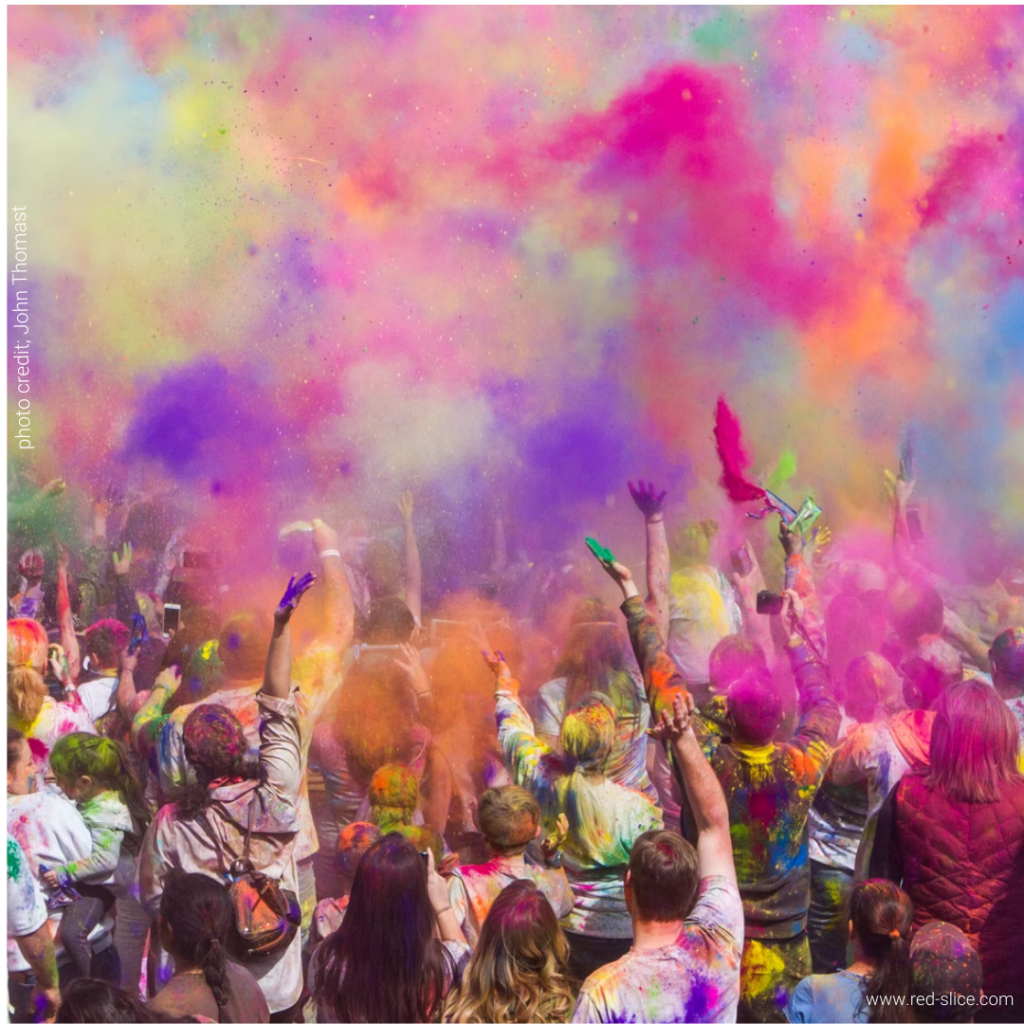You never knew who would be crying in the office on any given day. Today, it was mine. Again. But I would not give them the satisfaction of seeing it.
See, my anger, powerlessness, and frustration come out as hot tears.
They used to tell us not to “get emotional” at work. But what happens if you are treated like trash? Gaslit, shamed, mentally exhausted, and not at all eager to deliver great work as a result? You suffer – and so does the company’s bottom line.
Once (well, honestly, twice) upon a time, I had to work under psychologically abusive executives.
I don’t use the term “psychological abuse” lightly. I’m not being dramatic. It feels the exact same way as a mentally abusive romantic relationship I had.
From both work and personal, those scars run deep.
We’re not talking about a manager you get along with, or who has rigorous and unflinching performance standards. It’s about someone who makes you question your very value, ability, worth – and sanity – on a daily basis.
As a Type A overachiever, this was not a case of a perfectionist boss stretching me to deliver my best work. This leader came into a highly functioning team – a team that had been operating seamlessly for almost six months while the leadership role was vacant – and decimated it.
We were all excited when this leader joined, to finally have someone steering the ship again. To learn and grow from them. To get exponentially better than we already were.
This leader, however, came in and first ignored us, then shamed us, then waged psychological warfare by pitting us against each other and often lying to make comparisons (“So and so turned in their budget plan already, why is yours not done?” PS: They hadn’t turned it in). Literally tearing us apart in every single meeting.
To what end, I was never really sure. It never had to be this way. All I know is that we went from a high-performing team to one by one leaving the company.
Every now and then, I go back to that office in my mind and shudder. We were treated like naughty children, not professionals. Could we improve? Of course – everyone can. But leading with hostility, shame, and fear just never seemed like a sound strategy to me.
What Does Psychological Abuse Look Like at Work?
How do you know when your leader has crossed the line from being “tough and driven” to psychologically abusive?
- You feel shame and blame. People are shamed in meetings with no warning or reason. Instead of constructive feedback, people are struck silent in embarrassment and shame. The conversation can’t move forward.
- Fear rules the workplace. People live in constant fear of the spotlight shining on them. Questioning their skills, feeling disempowered, and turning that abuse inward through depression, alcoholism, and other destructive behavior.
- Your personal life suffers. You can’t sleep at night. You dread Monday morning, not because of the work but because of this one person. You spend most of your time trying to figure out how you can twist yourself into knots to please them and avoid the abuse (again, the sign of a romantic abuser) Not a great environment for innovation and creativity.
- The team starts trauma bonding. When a leader gets off on shame and humiliation and people have to warn and support each other like they are fighting a war, you know there’s a serious issue. Trauma bonding is when we literally feel like we’re in a bomb shelter together, fighting for survival, and it’s ALL. WE. CAN. TALK ABOUT. If toxic leadership dominates your lunchtime conversations and private DM’s, that’s a sure sign of abuse and means we’re all getting distracted from delivering great work.
How Can We Protect Ourselves from Psychological Abuse at Work
Knowing what I know now, older and wiser as they say, I see clearly the issue was not completely us. This leader was clearly broken inside.
But sharing advice to “protect ourselves” is hard. It’s a form of victim-blaming because it implies you are the one who needs fixing.
We should not blame the victim of psychological work abuse, just as we wouldn’t blame the victim in an abusive marriage. This advice is meant to help you weather the storm – until the situation changes or you can get out.
Knowing what I know now, I would fortify my ability to withstand it (although, frankly, no one should have to). I am more self-confident now and know my strengths and blind spots better so I can stand my ground. I would practice more self-care so my job didn’t define me. I could have sought counsel from trusted mentors outside of the company and might have more clearly seen this power play for what it was: A desperate attempt by a broken person to inflict pain on others and prove something.
I would have shored up my emotional intelligence skills to approach this person with more EQ and respond to them in a way that didn’t destroy my mental health.
The irony is that I actually did learn a lot about “the work” from this leader. But it was too high a price to pay. And how much more could I have learned if this had not been the established relationship? When they ended up supporting me and advocating for my promotion,, when I was no longer their direct report, I thought we had gotten through it. Until one final and unexpected attack threw me for a loop again – and I was glad to be moving on to a place where I was appreciated and supported. Where I didn’t have to go to work every day and feel bad about myself or live in fear.
Learn to recognize when your leaders have crossed the line from demanding high performance to psychological abuse. Don’t be afraid of hard work, fair criticism, and learning lessons as you go. But if it starts to negatively impact your mental health, walk away.
No stellar performance review or promotion is worth that.
If you want to shore up emotional intelligence in your organization to avoid psychological abuse and create more collaboration, let’s talk. I can deliver a dynamic empathy workshop series and strategically advise on an integrated curriculum with my network of talented speakers and trainers. We can build psychological safety, critical communication, and trust building into the curriculum. Just reach out today and we’ll get the conversation going.
Photo Credit: Elisa Ventur Unsplash





